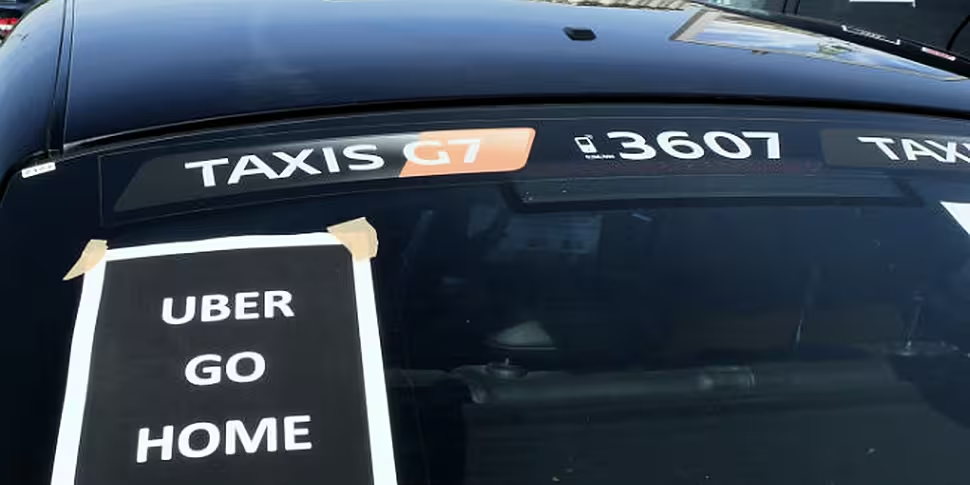Two executives from Uber France go on trial today in Paris - the pair could spend two years in prison, or face fines of up to €300,000 for running its low-cost UberPop service.
Taxi drivers who were under-cut by the ride sharing app staged protests, including the blockading of roads across the city during June.
Uber argued that the firm is a technology company, not a taxi company, meaning that it did not need to adhere to taxi regulations.
It is reported that during the protests the company tried to cut a deal with the local authorities - and that this provoked the legal action.
French Interior Minister Bernard Cazeneuve, is reported to have said that the company was trying to "make a mockery of the French Republic."
Pierre-Dimitri Gore-Coty, Uber’s chief of Western Europe, and Thibaud Simphal, general manager of France have been accused of running an illegal taxi service in the state.
“Instead of trying to calm down taxis by claiming UberPop is illegal, the government should be pushing new regulations that deal with the underlying demand for this service,” Mr Gore-Coty argued.
This case has not affected the running of its standard car hire service.
Going Dutch
Today in Amsterdam, Uber's Dutch offices were raided by police - this was the third such raid in 2015.
Again, it is 'UberPop' which has the company in hot water in the Netherlands.
Uber has already been fined €450,000 for running the service, but it continues to offer UberPop rides in four cities.
Authorities there have also accused Uber of running an illegal taxi service which is staffed by unregulated drivers.
Ireland
The General Manager of Uber Ireland, Kieran Harte recently joined Newstalk's Down to Business, he commented on the regulatory difficulties that the company has faced in Europe:
"There's certainly some regulation about not driving for hire or reward. It probably needs a bit of clarification in terms of what that means for ride sharing. That's the term we use for the models that are not licensed taxis or licensed private vehicles.
"One of the challenges for us as a company is we're spreading extremely quickly across the world. We enter markets where regulations are a little bit of a patchwork... written before the advent of mobile phones, let alone smartphones."









